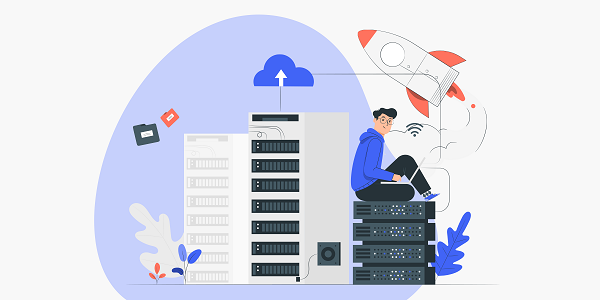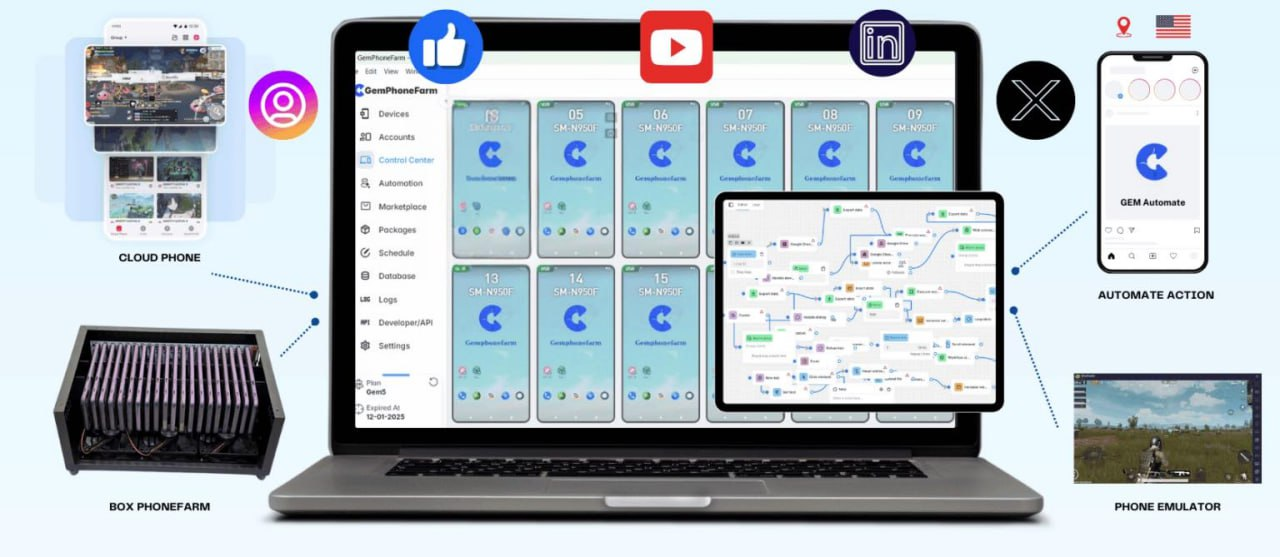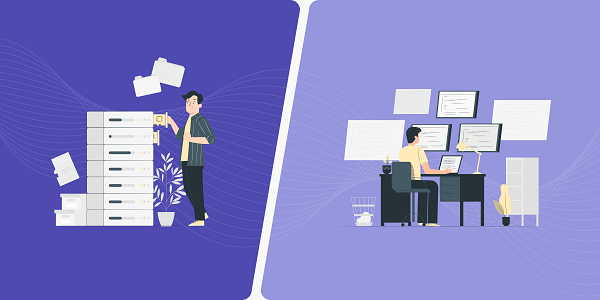Residential Proxies
Allowlisted 200M+ IPs from real ISP. Managed/obtained proxies via dashboard.

Proxies
Residential Proxies
Allowlisted 200M+ IPs from real ISP. Managed/obtained proxies via dashboard.
Residential (Socks5) Proxies
Over 200 million real IPs in 190+ locations,
Unlimited Residential Proxies
Use stable, fast, and furious 700K+ datacenter IPs worldwide.
Static Residential proxies
Long-lasting dedicated proxy, non-rotating residential proxy
Dedicated Datacenter Proxies
Use stable, fast, and furious 700K+ datacenter IPs worldwide.
Mobile Proxies
Dive into a 10M+ ethically-sourced mobile lP pool with 160+ locations and 700+ ASNs.

Web Unblocker
View content as a real user with the help of ABC proxy's dynamic fingerprinting technology.
Proxies
API
Proxy list is generated through an API link and applied to compatible programs after whitelist IP authorization
User+Pass Auth
Create credential freely and use rotating proxies on any device or software without allowlisting IP
Proxy Manager
Manage all proxies using APM interface

Proxies
Residential Proxies
Allowlisted 200M+ IPs from real ISP. Managed/obtained proxies via dashboard.
Starts from
$0.77/ GB
Residential (Socks5) Proxies
Over 200 million real IPs in 190+ locations,
Starts from
$0.045/ IP
Unlimited Residential Proxies
Use stable, fast, and furious 700K+ datacenter IPs worldwide.
Starts from
$79/ Day
Rotating ISP Proxies
ABCProxy's Rotating ISP Proxies guarantee long session time.
Starts from
$0.77/ GB
Static Residential proxies
Long-lasting dedicated proxy, non-rotating residential proxy
Starts from
$5/MONTH
Dedicated Datacenter Proxies
Use stable, fast, and furious 700K+ datacenter IPs worldwide.
Starts from
$4.5/MONTH
Mobile Proxies
Allowlisted 200M+ IPs from real ISP. Managed/obtained proxies via dashboard.
Starts from
$1.2/ GB
Knowledge Base
English
繁體中文
Русский
Indonesia
Português
Español
بالعربية

Why Do You Need to Re-login on 911?
Introduction:
In today's fast-paced digital world, staying connected is a necessity. Whether it's for personal or professional reasons, we rely heavily on online platforms and services to carry out various tasks. One such service is 911 emergency response, which is used by millions of people worldwide during critical situations. However, occasionally, users may encounter the need to re-login on 911. In this blog post, we will delve into the reasons behind this requirement and the importance of re-logging in to ensure seamless emergency response services.
1. Security and Authentication:
911 emergency response services prioritize security and authentication to protect user information and ensure the accuracy and legitimacy of emergency requests. Re-logging in on 911 regularly helps confirm the user's identity and maintain the security measures in place. By requiring users to re-login periodically, the system can prevent unauthorized access and potential abuse.
2. Session Timeout:
The need to re-login on 911 may also arise due to session timeout. Session timeout is a security feature that automatically logs out a user after a certain period of inactivity. This feature is essential to protect against unauthorized access in case the user forgets to log out or leaves their device unattended. To ensure uninterrupted emergency response services, users must re-login if their session has expired.
3. System Updates and Maintenance:
Another reason why re-login might be necessary is system updates and maintenance. Like any other online platform, 911 services require regular maintenance and updates to improve performance, fix bugs, and enhance security. During these updates, users may be required to re-login to implement the changes successfully. This process ensures that users have access to the latest features and improvements, contributing to a more efficient and reliable emergency response system.
4. User Verification:
911 operators need to verify the user's identity and location before initiating emergency response. By requiring users to re-login periodically, the system can ensure the accuracy and validity of the information. This verification process helps reduce the risk of false or prank emergency calls, ensuring that resources are appropriately allocated and real emergencies are promptly addressed.
5. Data Privacy Compliance:
Requiring users to re-login periodically also facilitates compliance with data privacy regulations. Authorities enforcing these regulations require platforms to implement measures to protect user data and privacy. Requiring re-login helps ensure that the user's personal information is safeguarded and minimizes the risk of data breaches, contributing to overall compliance with data privacy standards.
Conclusion:
Re-login on 911 may seem like a minor inconvenience, but it plays a crucial role in maintaining the security, accuracy, and efficiency of emergency response services. By periodically re-logging in, users can help prevent unauthorized access, ensure session validity, and assist in user verification. It also allows for necessary system updates and maintenance, ensuring that the 911 service remains reliable and up-to-date. So, next time you are prompted to re-login on 911, remember that it is a necessary step to ensure seamless emergency response services and protect your privacy.
Featured Posts
Popular Products
Residential Proxies
Allowlisted 200M+ IPs from real ISP. Managed/obtained proxies via dashboard.
Residential (Socks5) Proxies
Over 200 million real IPs in 190+ locations,
Unlimited Residential Proxies
Use stable, fast, and furious 700K+ datacenter IPs worldwide.
Rotating ISP Proxies
ABCProxy's Rotating ISP Proxies guarantee long session time.
Residential (Socks5) Proxies
Long-lasting dedicated proxy, non-rotating residential proxy
Dedicated Datacenter Proxies
Use stable, fast, and furious 700K+ datacenter IPs worldwide.
Web Unblocker
View content as a real user with the help of ABC proxy's dynamic fingerprinting technology.
Related articles

Unlock the Power of Genlogin with ABCproxy: A Game-Changing Combination
Looking for a reliable Genlogin service? ABCproxy has got you covered. Discover secure and seamless login solutions with Genlogin on ABCproxy for ultimate online protection. Safeguard your data with ease.

Unlock Untraceable Surfing: Gemlogin Antidetect Browser Boosted by ABC Proxy
Gemlogin Antidetect Browser With ABC Proxy provides advanced security features for online activities. Enjoy secure browsing with anonymity and protection. Safeguard your data with this powerful combination of features.

How does the ChatGPT RAG example improve information processing capabilities
Analyze the actual application scenarios of ChatGPT combined with Retrieval Augmented Generation (RAG) technology, explore its value in knowledge integration and data acquisition, and understand how abcproxy provides underlying support for the RAG system.